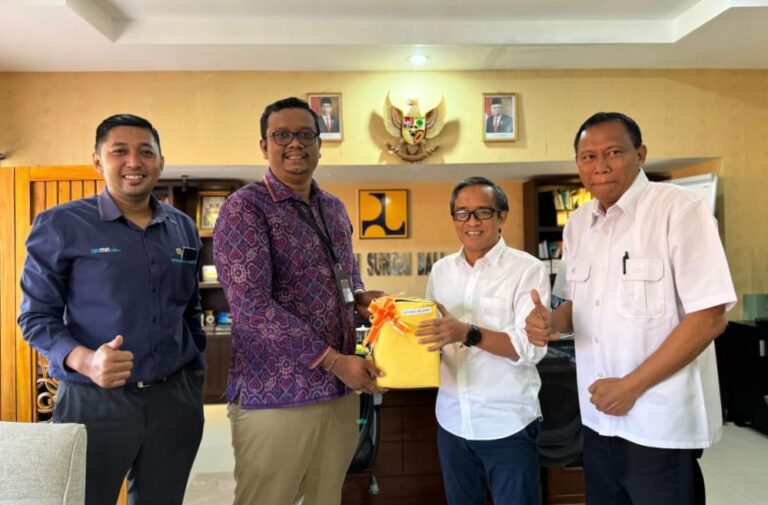The Subak Mandala Mathika Museum in Tabanan, Bali, has set a precedent by becoming the first museum in Indonesia to operate entirely on green energy. This significant achievement was achieved through a collaboration between the Subak Museum and PT PLN (Persero), involving the use of environmentally friendly electricity through the Renewable Energy Certificate (REC) service, amounting to 200 units or 200 megawatt hours (MWh).

The official handover of the REC was carried out by the Director of the PLN Customer Service Implementation Unit (UP3) of South Bali, I Putu Kariana, to the Head of the Bali Penida River Basin Center, Muhammad Noor, who represented the management of the Subak Mandala Mathika Museum, on Tuesday, June 25.

PLN Managing Director Darmawan Prasodjo highlighted the importance of the REC service, which facilitates customers’ access to renewable energy (EBT) in a transparent, responsible and globally recognised manner. Each REC certificate verifies that the electricity consumed by customers comes from EBT generators.
“We highly appreciate the initiative of Subak Museum, a symbol of Indonesian science and culture, especially in Bali, to adopt REC. As a leader in the energy transition in Indonesia, PLN is committed to providing top-notch service to Subak Museum, especially with the green electricity provided by REC,” said Darmawan.
Darmawan highlighted that this collaboration is a crucial step towards achieving net zero emissions (NZE) by 2060. PLN is committed to encouraging various stakeholders to actively participate in reducing carbon emissions, with the REC service being a key part of this effort.
Patar Situmorang, Acting General Manager of PLN Bali’s Main Distribution Unit (UID), reiterated PLN’s commitment to providing reliable and environmentally friendly electricity amid the global push towards decarbonization. The REC service aims to simplify the process of customers using green energy.
“By using PLN’s REC facility, customers can ensure that their daily activities are powered by environmentally friendly energy, helping to reduce carbon emissions and having a positive impact on the environment and climate,” Situmorang explained.
Muhammad Noor, director of the Bali Penida River Basin Center, said the collaboration with REC is part of the museum’s long-term goal of becoming an environmentally friendly institution.
“Obtaining the PLN REC certificate ensures that our electricity consumption comes from renewable energy. This demonstrates our commitment to environmental sustainability and sets an example for the community,” Noor said.
Noor stressed that the REC certificate strengthens the role of the Subak Mandala Mathika Museum as a center for education and cultural preservation while promoting the clean energy and sustainability movement in Indonesia, especially in Bali.
“With the support of local governments, communities and various stakeholders, Subak Mandala Mathika Museum is committed to developing programs that support environmental sustainability and encourage the use of renewable energy,” Noor added.
Noor also expressed hope that the museum’s proactive measures would inspire other institutions in Bali and across Indonesia to join the clean energy movement, leading to positive changes for the environment and the wider community in the future.
Related


